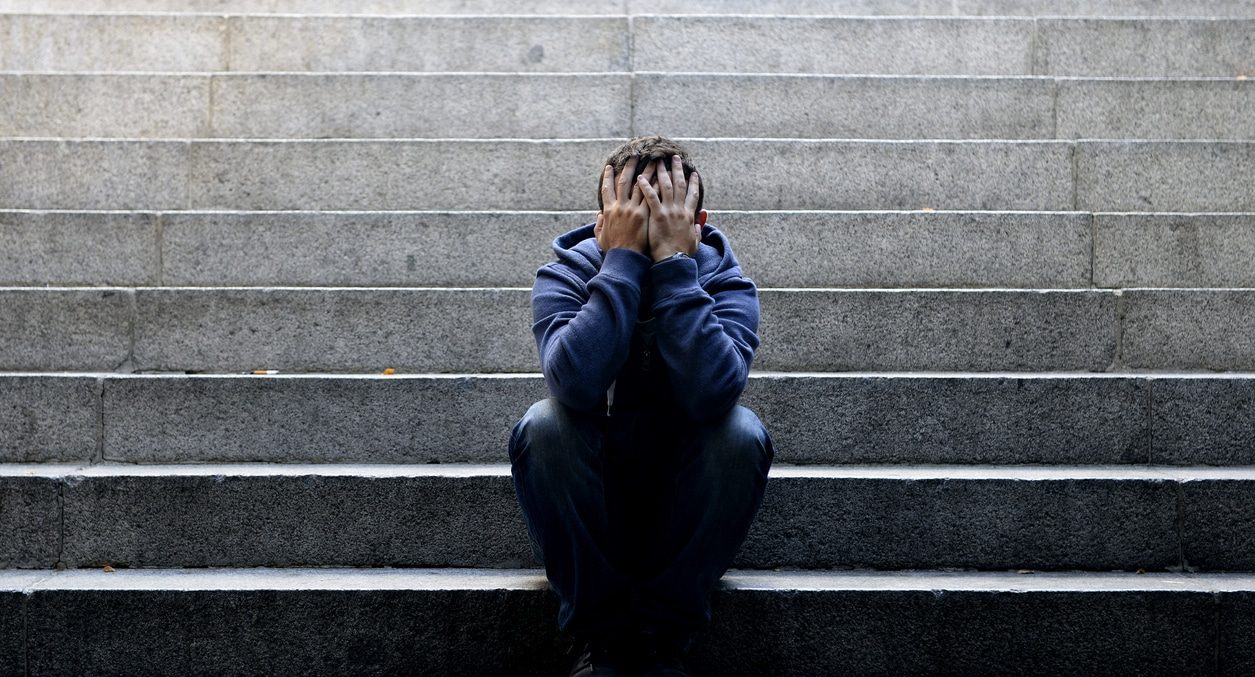Depression is a complex mental health issue. Managing depression can take a lot of energy and vulnerability that we might not have or feel up to. However, if we seek help and follow a few recommendations for enhancing our mental health, we can start to feel better again.
Our experiences of depression might differ. However, many people around the world struggle with depression and mental health professionals can advise which treatments will work best for you. The first involves seeking help so you don’t feel isolated and overwhelmed.
In this post, we’ll share some tips for managing depression holistically.
1. Seek help
Counsellors, psychologists and psychiatrists can help you manage depression by providing a safe space for you to speak about your feelings and experiences. Getting qualified guidance is essential if you are struggling. Treatment programmes might look different for everyone. Some people can have remarkable improvement with medication, and others with lifestyle adjustments or a combination of both.
Unfortunately, the nature of depression means we can start to spiral when we’re feeling low, and it can become tricky to get out of it. When you’re feeling depressed, it’s essential to speak up and ask for help before you get so low that you are physically unable to do anything about it.
Feeling depressed can also be a complex experience that involves trauma, physiological imbalances and physical symptoms that can go beyond just feeling down. If you’re already on medication, it is critical to make sure that you are effectively managing your dosage to avoid any complications.
2. Reach out
While seeking professional help is critical if you need it, reaching out to family and friends when you’re struggling can assist with maintaining social connections. It might feel like the most challenging thing to do when you’re feeling depressed, but spending time with loved ones can help you receive the support you need.
If you’re feeling isolated, this can worsen your situation. However, if you don’t have friends and family close by, there are several free online and telephone services that you can use. A short telephone or video call with someone you trust or a trained counsellor can help you feel less isolated and lonely.
In addition, there are also many support groups out there that you can join that can significantly help manage symptoms and address their underlying causes in conjunction with help from a professional mental health practitioner.
3. Take care of yourself
Taking care of yourself can be very difficult when you’re feeling down. However, eating well, exercising regularly, and sleeping enough can help to take the edge off. Taking care of yourself in these ways contributes to your overall wellbeing, so their benefits go beyond alleviating your immediate situation.
You also don’t have to go on a diet, start gymming daily, or feel pressured to sleep a solid eight hours every night. When it comes to taking care of yourself, it’s all about progress, not perfection, and giving yourself grace when you’re in a difficult headspace.
For example, eating well can be as simple as incorporating more fruit and vegetables into your diet and limiting greasy and sugary food. Exercising can be as simple as taking a walk around your neighbourhood. Finally, sleeping better could be about getting incrementally better amounts and quality of sleep every week.
4. Improve your mental health
Managing our mental health takes consistent effort, but eventually, you can incorporate many recommended practices into your routine in a manageable way:
Establish routine
Establishing a routine is essential to managing your mental health, as you can build a stable foundational structure in daily life. Practices like mindfulness and meditation can improve wellbeing, in addition to other self-care practices.
Avoid drugs and alcohol
Drugs and alcohol can also make depression worse, so it’s best to avoid them. In cultures that celebrate going for a night on the town, it can be challenging to miss out and experience FOMO. However, in the long term, big nights out can derail efforts that you’ve made to feel better.
Be kind to yourself
Being gentle and compassionate with yourself can also be a daily struggle, but by being kinder to yourself, you can also start to feel better about how you manage your day! Finding activities you enjoy that boost your self-worth can also be highly motivating, providing more accessible ways to connect with others.
Try cognitive behavioural exercises
The National Health Service (NHS) in the UK has developed a Five Areas framework based on Cognitive Behavioural Therapy (CBT) that helps people struggling with low mood and depression to help turn their lives around.
This framework helps you systematically become aware of what is happening in your life. For example, upsetting thoughts affect your thinking. In turn, thinking affects your feelings, physical symptoms, and behaviour. By working through these five areas, you can make simple but helpful changes in your life.
Manage Depression with SACAP Global
Gain a better understanding of the mind-body connection and build practical skills to manage depression by registering for these short courses:
